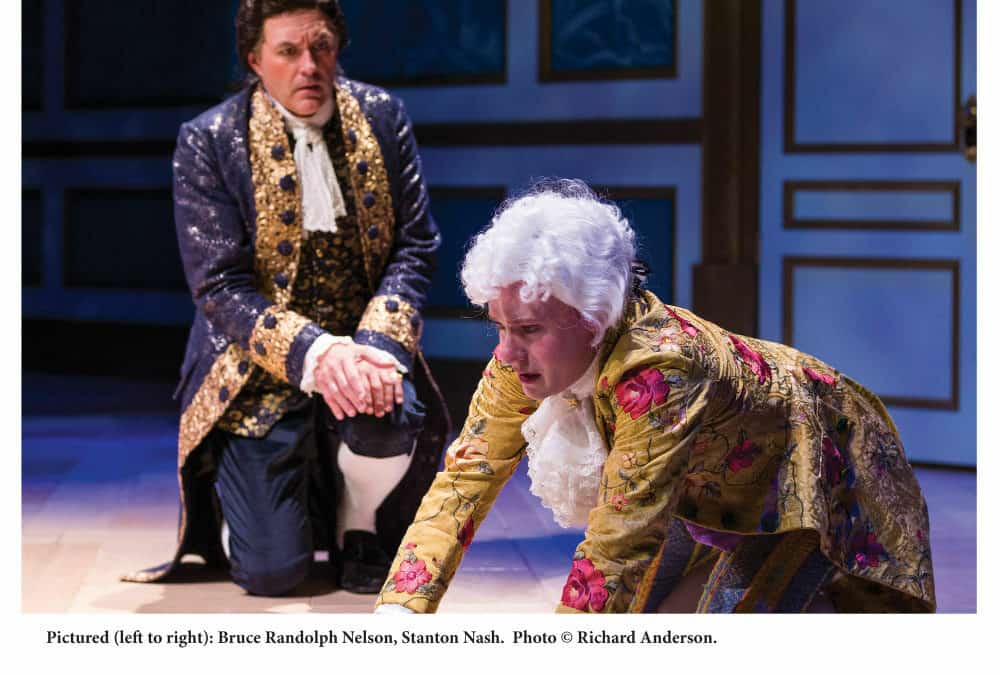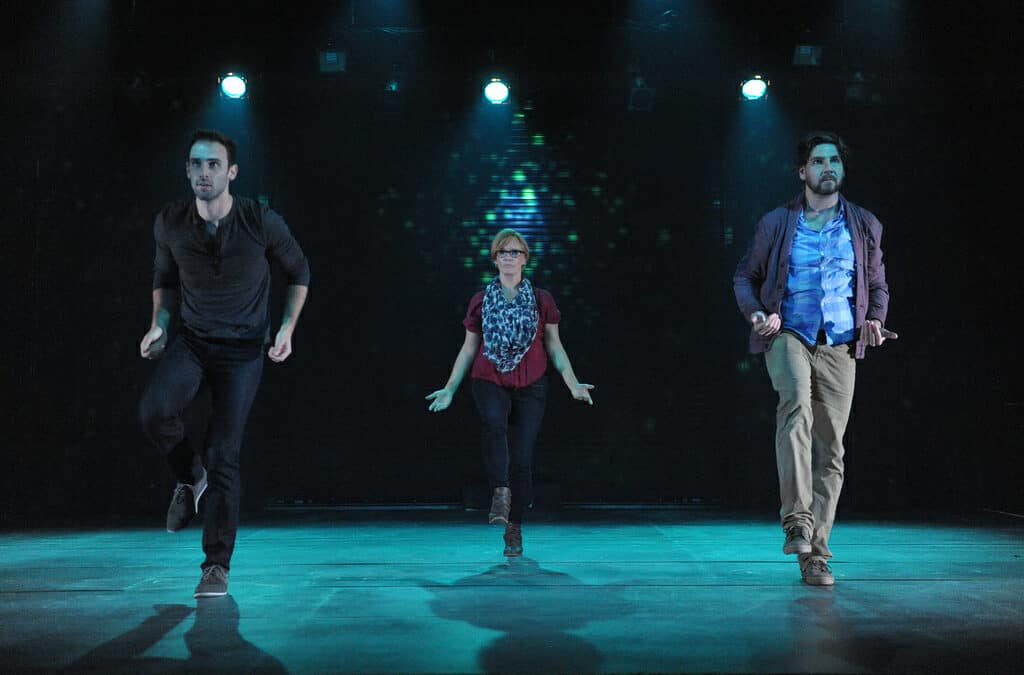Strange Places
Some plays are born strange, some achieve strangeness, and some have strangeness thrust upon them (or upon their characters, at least). We consider one of each type herein.
antispam-bee domain was triggered too early. This is usually an indicator for some code in the plugin or theme running too early. Translations should be loaded at the init action or later. Please see Debugging in WordPress for more information. (This message was added in version 6.7.0.) in /var/www/wp-includes/functions.php on line 6114wordpress-seo domain was triggered too early. This is usually an indicator for some code in the plugin or theme running too early. Translations should be loaded at the init action or later. Please see Debugging in WordPress for more information. (This message was added in version 6.7.0.) in /var/www/wp-includes/functions.php on line 6114Some plays are born strange, some achieve strangeness, and some have strangeness thrust upon them (or upon their characters, at least). We consider one of each type herein.

The answer to critic Michael Billington’s question how you award aesthetic points to a 75-minute suicide note is, you award aesthetic points to a suicide note the same way you award aesthetic points to anything else: Is it well-written, does it show you something new, does it move you? The answers to these follow-up questions, with this piece (which is admittedly impossible not to view as a suicide note) are yes, yes, and yes.

How well one likes this production depends very much upon how appealing one finds the constant morphing and switching place of characters. If shifting psychodynamics are your thing, this version caters to your taste.

The story of why and how Salieri did Mozart in (this is not necessarily historical) is encumbered – there is no other word for it – by Salieri’s narration. Nor is this a “just the facts, ma’am” narration; this is the tortured but ploddingly literal tale of Salieri’s failed relationship with God himself, of God’s betrayal of a bargain Salieri feels God made with him, by giving Mozart a divine talent that should have been Salieri’s. It is also a sort of greatest-hits retrospective of Mozart’s compositions, especially his operas. That’s an awful lot of freight for a single play to carry.

It’s hard for me to stop saying wow. Wow to the theater, a three-tier structure that echoes the layout of Shakespeare’s own Globe (albeit with the modern convenience of a roof – and some others including two bars and ergonomic seating that assures there is no standing for today’s groundlings). Wow to the play, one of Shakespeare’s funniest. Wow to the acting, the direction, the staging, the lighting. The audience is assured of over two hours of being in stitches.

Both the play and the play-within-the-play preach the same sermon: You may be trying to do something that attains meaning by being witnessed and judged, but in truth no one will ever see you or judge you. As an understudy, you are condemned to eliciting what meaning you can from what one frustrated character in A Chorus Line summed up as “dancing for my own enjoyment.”

When you submit your email below, you'll receive emails from me with notificaitons of new theater reviews posted to this site, along with announcements about my plays, including my forthcoming book.